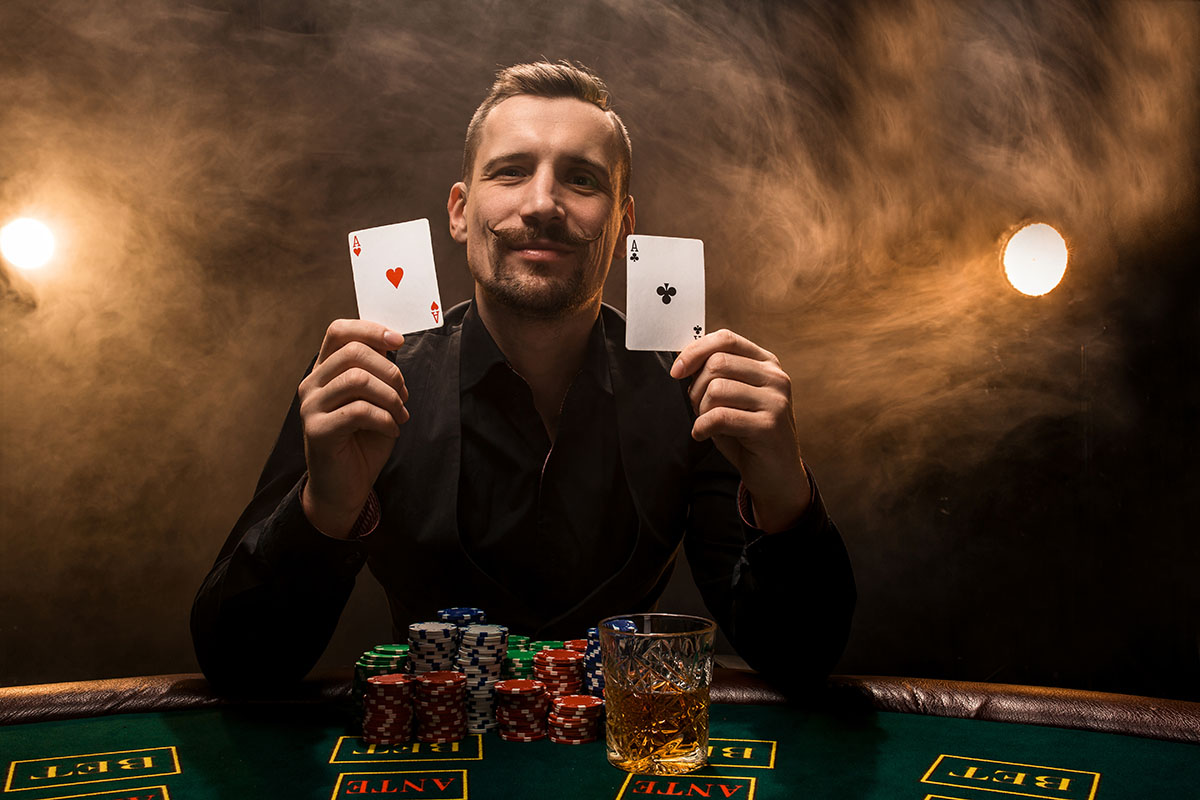
How Poker Players Master Their Emotions Under Pressure
What happens when you’re sitting at a poker table with thousands of dollars on the line? Your opponent raises, causing your heart to pound faster than a drum beneath your shirt. Do you fold, call or go all in? In poker, it’s not just the cards that matter. What actually crowns winners is how well they can keep their faces from giving the game away.
Canadians see poker as more than just a casual pastime. Today, more and more players are honing their skills through Canadian online poker rooms, where emotional intelligence is as crucial as strategic skill. The digital arena actually calls for even sharper psychological discipline. In this industry, emotional mastery can mean the thin line between losing your bankroll and playing another hand.
The Emotional Challenges in Poker
Being emotionally balanced should be your topmost priority when dealing with the high-stakes world of poker. One of the most significant psychological obstacles players face is Tilt. It refers to an inability to manage emotions properly, thereby leading to flawed betting moves and overall unfavourable gambling outcomes.
Players easily slip into Tilt when they get unexpected losses despite being double sure of their game (also known as beats). Tilt can also be caused by extended losing streaks, which tear down confidence and composure. Critical moments in the game that increase stress and vulnerability also contribute to this.
Awareness of the effect of Tilt is essential for poker players who are serious about being at the top of their game. By understanding it and putting the right mental control in place to deal with stress, one would be able to excel in situations of intense pressure.
Strategies for Emotional Mastery: Staying Cool After a Bad Beat
In poker, bad beats are unavoidable. What separates pros from amateurs, however, is how they handle them. Professionals know that dwelling on a bad hand only leads to further mistakes, so to curb this, they employ many tactics. It all begins with the mind. By being aware of the moment and acknowledging one’s feelings, thoughts, and bodily sensations, you are able to calm your reflexes and know your next step of action with a clear head.
Many have found that simple breathing exercises, physical activity (such as stepping away quickly from the table) really help to avoid spiralling out of control and lashing out in frustration. By painting a picture of victory, no matter the outcome, and showing kindness to oneself, mental fortitude is built instead of psychological torture.
Daniel Negreanu, who is Canada’s own poker legend, is a great example of a player with a resilient mindset. He is famous for seeing losses as opportunities to improve. One of his popular sayings is about not being afraid to go after what you want. By taking a cue from him, you come to the realization that level-headed play is the way to go about poker. In true Canadian fashion, it’s all about keeping your cool and channeling emotions for sharper, smarter play.
The Canadian ‘Poker Face’ Culture
In Canada, the poker face isn’t just for high-stakes tables—it’s stitched into daily life. A recent survey found that 74% of Canadian office workers have had to mask their emotions on the job, whether facing tough deadlines, tense meetings, or prickly coworkers. It’s a national balancing act: stay cool, stay professional, even when things heat up.
This cultural stoicism—valuing quiet strength over outbursts—mirrors what’s needed at the poker table. Experts note that Canada’s cultural leanings toward self-restraint and rationality align well with the demands of poker. This calm, collected approach that many Canadians bring to their business translates to making more logical decisions, even when under pressure, playing a game of chance. So, whether bluffing a royal flush or navigating Monday morning meetings, the same rule holds.
Consequences of Emotional Lapses
At the poker table, everything is on line. An emotional mishap can have devastating consequences not just on the player’s financial standings but also on their reputation and self-confidence.
Financial Implications: Emotional decisions, such as chasing losses or making impulsive bets, can lead to significant financial downturns. According to Psychology Today, optimism bias can negatively affect financial decisions as it leads individuals to overestimate their chances of success and overlook the risks involved, leading to big-time losses.
Reputation and Confidence: When players suffer repeated emotional mismanagement, the public becomes wary of them. Their reputation suffers many blows, which inevitably wear down their self-confidence. There have been many cases of talents in the poker world who, despite their skill, have fallen into emotional pitfalls that cost them more than they bargained for. A case study is the downfall of Erick Lindgren, a super-talented fan-favourite who went from 7-figure wins to rehab clinics and being millions of dollars in debt. It wasn’t that his previous wins had been a fluke. It was more of being inattentive to strategy, believing every instinct is good, and betting without restraint.
The Final Card: Mastery Over Self
Poker really is a battleground of nerves. Without discretion, the appetite for unvetted risks takes over, and the war of the mind is lost. Players must therefore be intentional about emotional mastery, which serves as a survival skill both at the poker table and in real life.
Photo: YuliiaKa, Freepik









